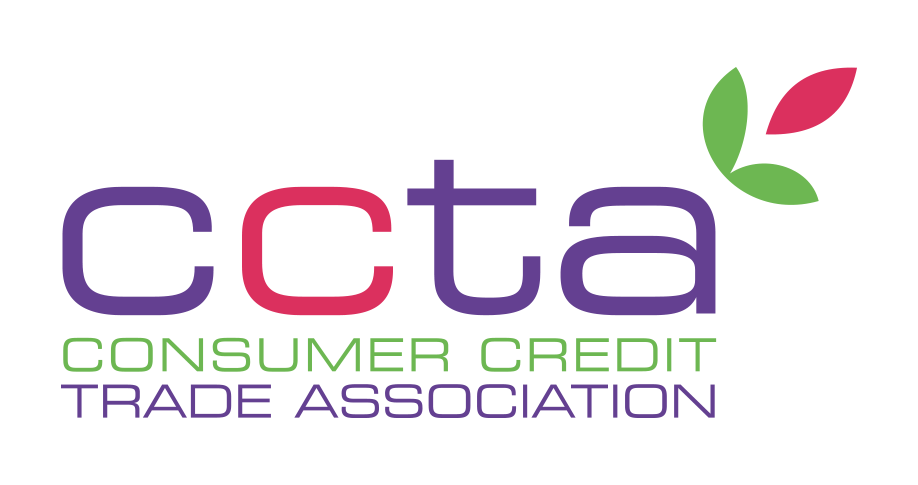Overdrafts vs Payday Loans: What to Consider Before Applying
When ‘saving for a rainy day’ is not an option, many people turn to credit facilities like payday loans or overdrafts. Today, these financial options are easily accessible and can usually be applied for online. However, before committing to either of these credit options, borrowers should be aware of how these credit facilities work, and how expensive each one is. Read more to find out…

What is an Overdraft?
An overdraft is a type of credit facility which is attached to your primary bank account. It is not separate, like a credit card facility or a loan, and is accessible only after you have depleted all of your actual funds - in other words, after you have reached a £0 balance. When you use an overdraft you are creating debt. . . However, this does not mean an overdraft should be considered as a ‘safety net’, and it should be treated like any other credit facility - responsibly!
There are two types of overdrafts: arranged and unarranged. An arranged overdraft constitutes an amount of money which you have agreed upon with your bank, that is fixed. An unarranged overdraft is one which is not agreed before you use, but that which you enter into after having depleted all of the funds in your bank account.
You can check how far into your overdraft you may have gone by logging into your online banking profile, or by checking at the ATM.
How Much Does an Overdraft Cost?
As of April 2020, banks will no longer be charging daily or monthly usage fees on overdraft facilities. Overdrafts users will then have a single interest rate charged on their overdraft.
Those with an unarranged overdraft may be better off after this change, as previously, costs for this type of overdraft could be quite high. Many individuals with arranged overdrafts will benefit from the change in fee structure.
Despite the improved fee structure for overdrafts, borrowers should still not enter into any overdraft agreements without careful consideration first. The use of overdrafts can impact your credit score, so borrowers looking into this option should ensure that they can afford the repayments and interest on their overdraft service before obtaining one.
What is a Payday Loan?
A payday loan is like a regular loan, but is a short-term form of credit and were originally created to support borrowers with short term funding problems until they reached pay day. An approved loan application means that the lender will deposit the agreed-upon amount directly into your bank account and you will need to pay that money back plus interest and charges at the end of the month. Over time the terms over which you can borrow have increased and some lenders offer instalments of three months or more. This type of borrowing is called High Cost Short Term Credit and can be available if you want to apply online. This type of borrowing can be very expensive and as with any borrowing decision you should make sure you can afford to repay the amount plus interest and charges before you decide to pursue this option.
How Much Does a Payday Loan Costs?
The cost of a payday loan can depend on a number of criteria, such as:
- ● the lender
- ● your credit score
- ● the amount you want to borrow
- ● how quickly you can pay the loan back.
Borrowers should keep in mind that the longer you take to repay the loan, the more you will be charged, though the fee cap prevents borrowers paying more than double what they initially borrowed.
Overdrafts vs Payday Loans: Which Should You Get?
If you are considering either of these options, you will need to analyse your budget to see which you can afford.
A payday loan can provide temporary relief, but only if the borrower can afford to repay the loan within the loan term, and if they can avoid prolonging the repayment period or obtaining another loan to repay the first.
Overdrafts, on the other hand, are useful to have but should not be considered as safety nets. You should still spend your overdraft funds carefully, if you need to at all, and ensure that you can make the repayments and afford the interest rate.
If you are looking at obtaining one of these types of credit, you should carefully evaluate your financial situation and determine which you can afford.

